Future planning when you care for someone with disability.
A guide to support you through the important considerations and decisions.
It can be difficult to look to the future when you care for someone with disability. Everyday responsibilities can feel overwhelming, leaving little time to consider what the future might hold.
Leap in! has launched a new resource Future planning: A guide for parents and carers to meet the need for information about the difficult issue of future planning.
Studies have highlighted some older parents’ natural apprehension around future planning.
- Where to start?
- How to plan ahead when you are so busy today?
- How do you keep your son, daughter or the person you care for at the centre of decision making?
- What legal and financial factors do you need to think about?
This comprehensive resource consolidates all relevant information into one place. It provides important considerations and a range of strategies for parents and carers looking after someone with disability.
Future planning: A guide for parents and carers has been designed to provide essential information for planning for life’s ups and downs. It also explores the more difficult topics such as planning for progressive conditions and what happens when a parent or carer can no longer fulfil the role of daily carer.
Download the Future Planning ebook by clicking the button or use the links in the sections below to read more about each topic.
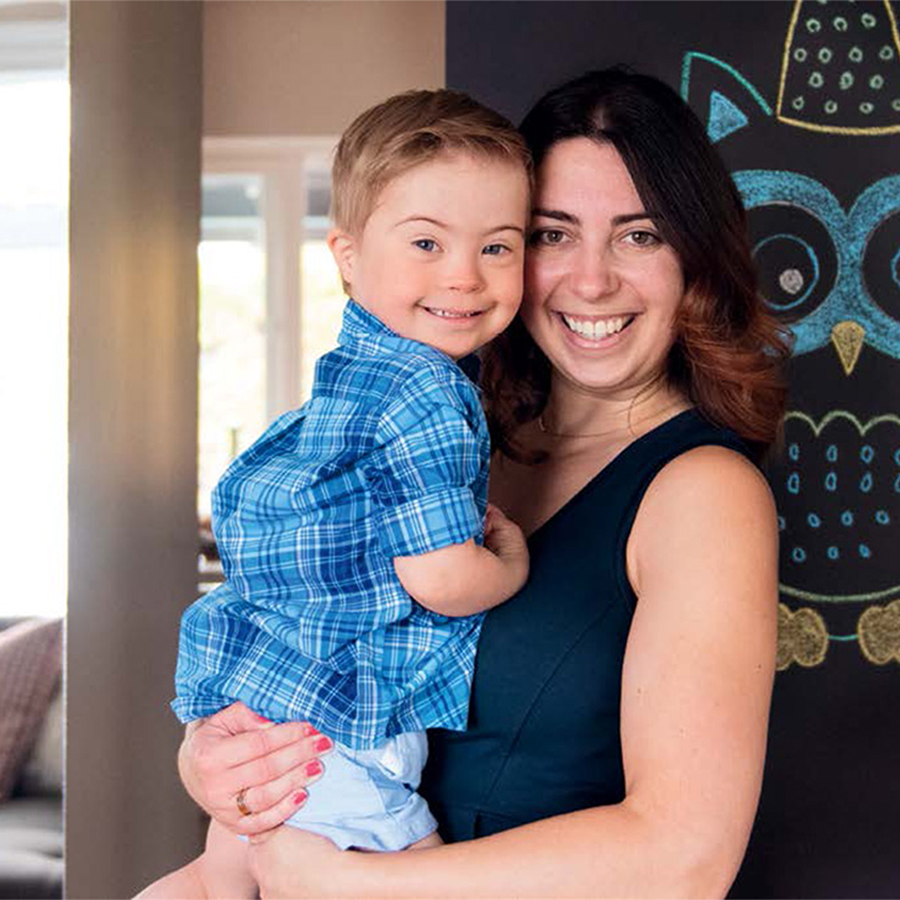

Caring for yourself when you care for someone with disability.
Looking after yourself can often be the last thing on your mind when you have multiple responsibilities. If you care for someone with disability, taking time out for you can bring about feelings of guilt, especially if you are also juggling work or other family commitments.
However, looking after your mental and physical health will improve your overall wellbeing and make it easier to look after others.


Being prepared for an emergency situation.
It can be hard to think clearly during an emergency but planning ahead can reduce the stress associated with an emergency situation.
If you get sick and require emergency treatment, or are called away unexpectedly, having a plan provides confidence that the needs and preferences of the person you care for will be considered.
Find out how to develop an emergency plan and access our free Emergency Plan Template.


Goals and milestones.
Setting goals can help you take charge of the future. They can also give you and the person you care for a sense of purpose as you work towards these goals together. In this section, we look at the different types of goals and how to set them.
We explore how the NDIS can help with short-term goals and longer term milestones including information about choosing the right NDIS Plan length for your circumstances.
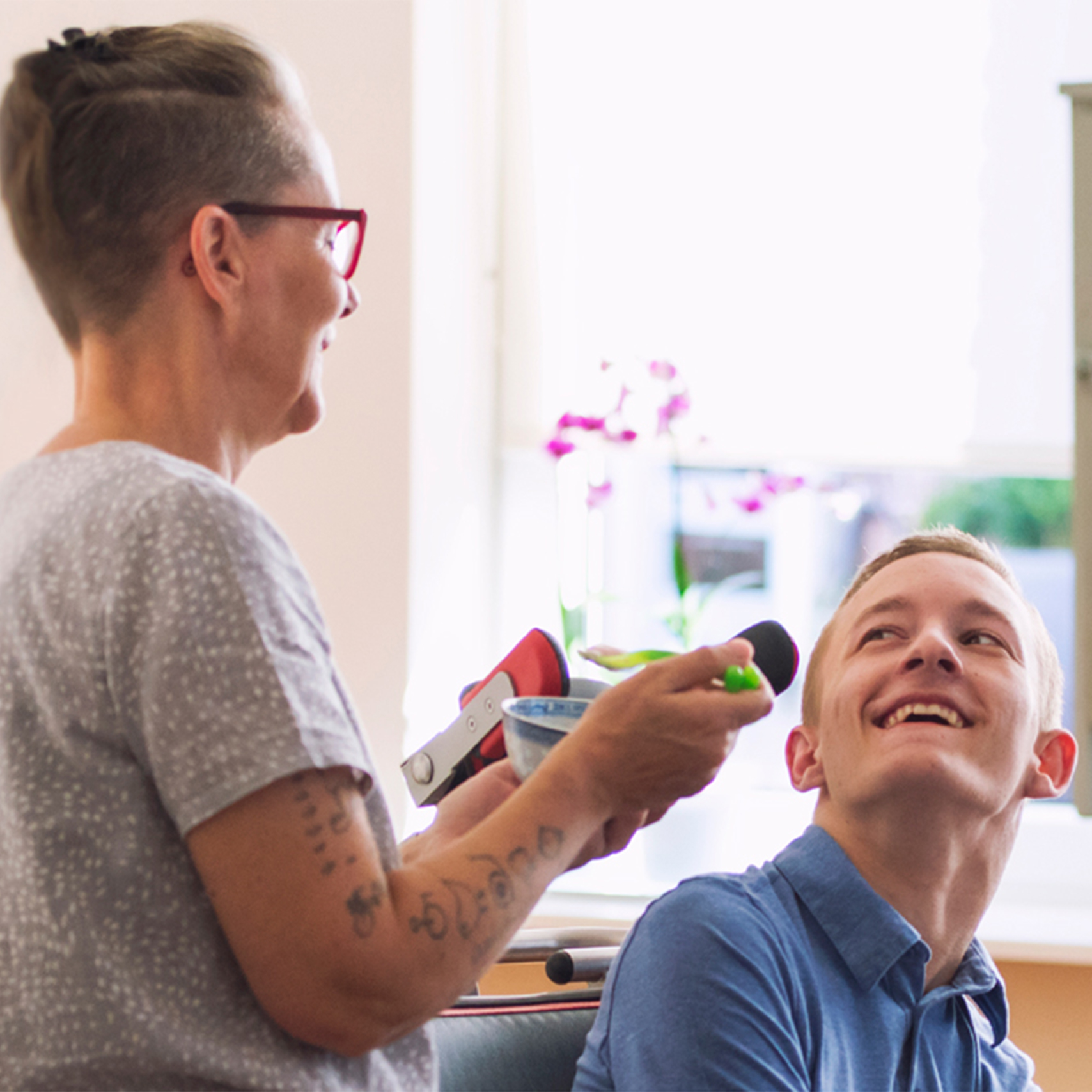

Planning for progressive conditions and long-term care.
While it can be difficult to confront the reality of a changing condition, it is helpful to consider how it may impact the person with disability and their care needs over time.
It’s also essential to take into account any long-term care needs such as changes in the health of a carer. What should you ask the doctor or specialist? What do you need to think about now to make things easier in the future?
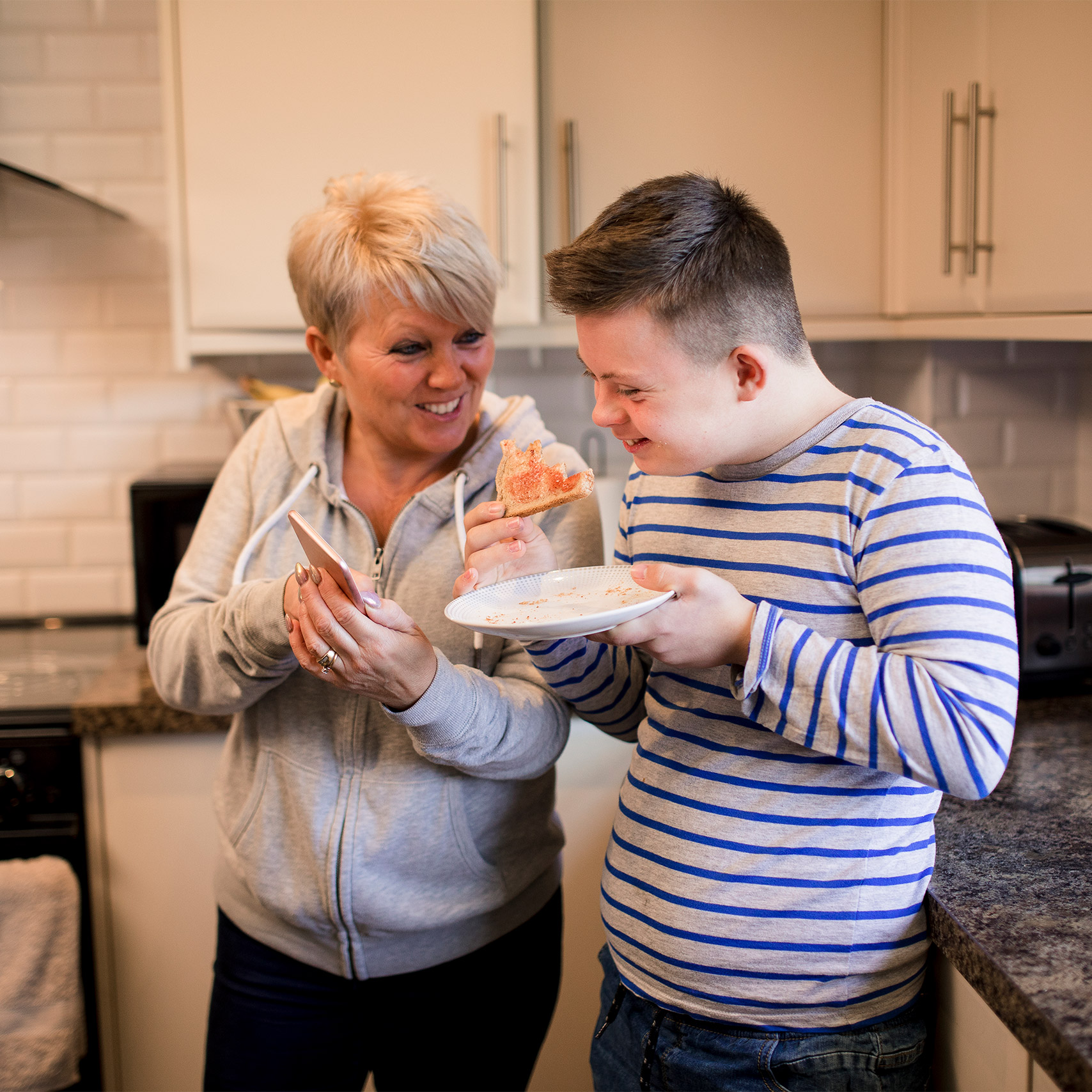
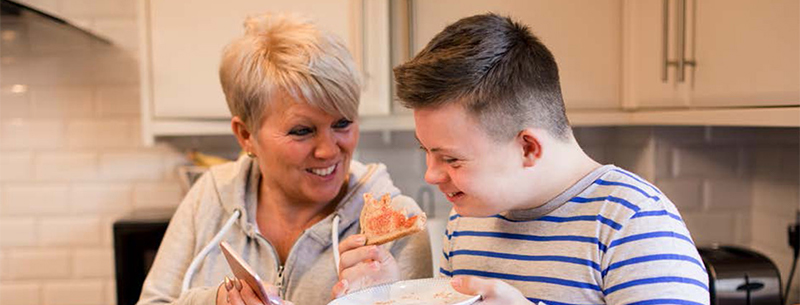
Transitioning to adulthood.
Moving through the teenage years into adulthood can be a challenging time for any young person, as well as their parents or carers. The transition to adulthood can be particularly difficult for people with disability and their families as they navigate a changing landscape of emotions, relationships and decisions.
Find out more about the types of transitions, how to create a transition plan, and how the NDIS may be able to support the process.
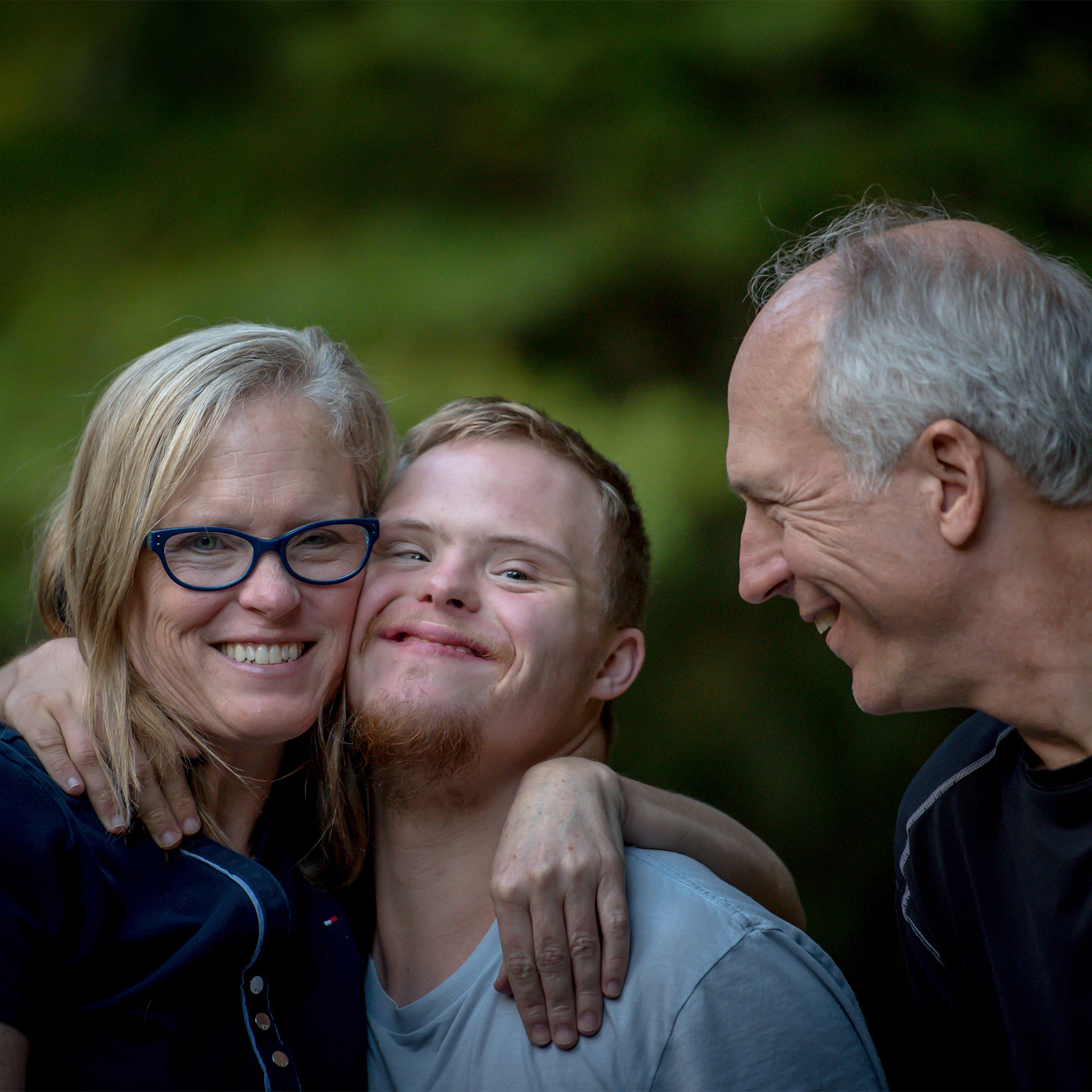
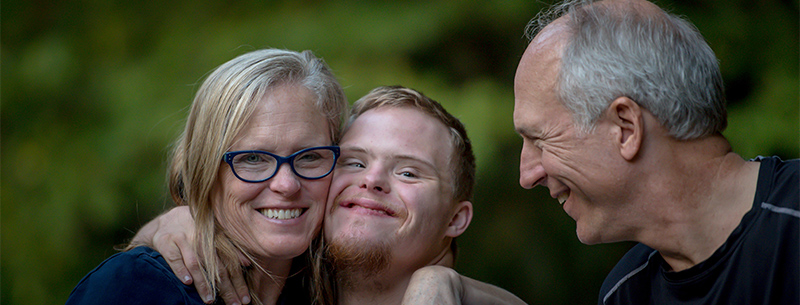
Planning for the future together.
By talking together about what the future might look like, you have a better chance of creating a future that fulfils the aspirations and meets the needs of the person you care for.
This section covers the considerations for decision making including supporting someone else to make their own decisions, tips for talking together and planning for a good life. We also touch on the legal aspects of formal and informal decision making.
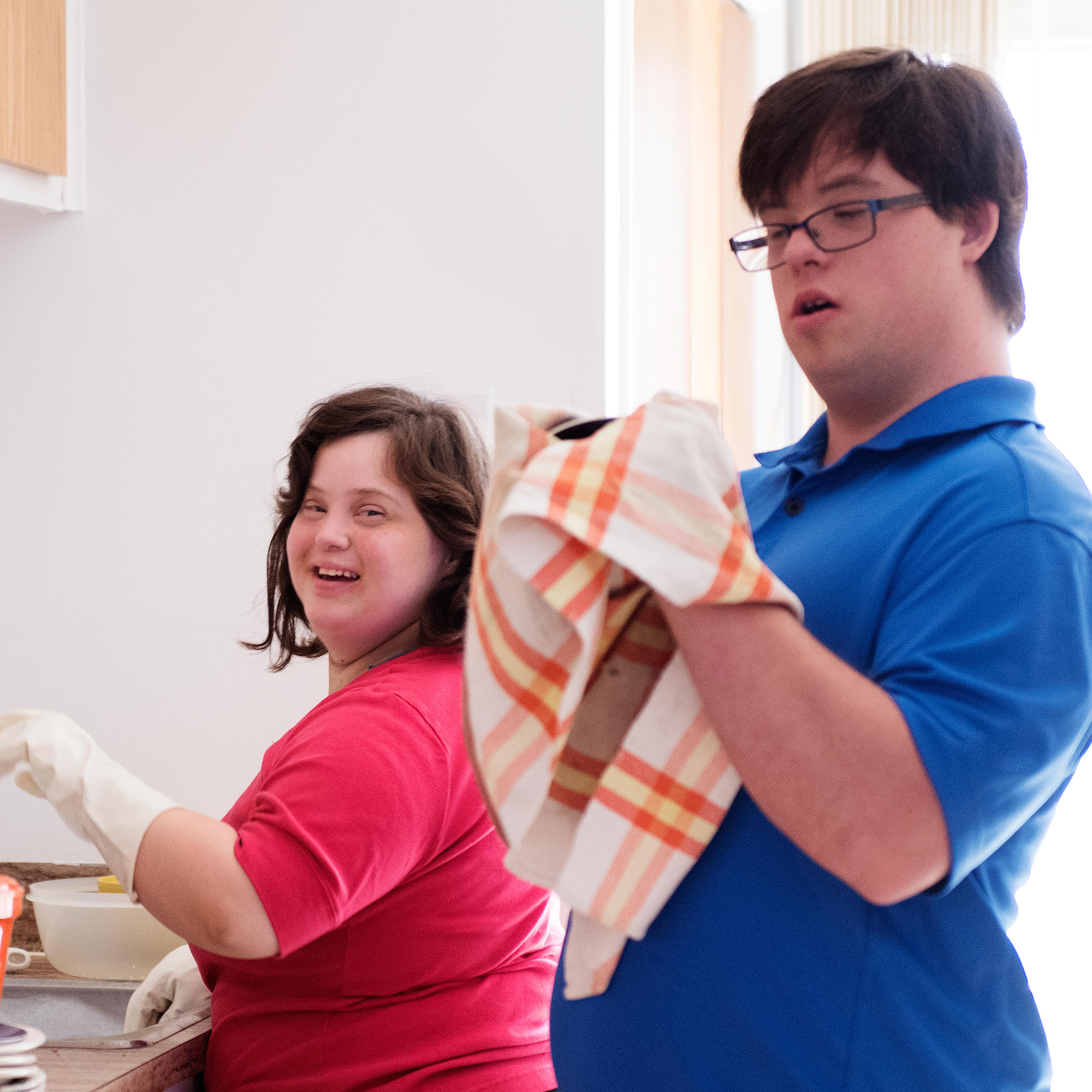
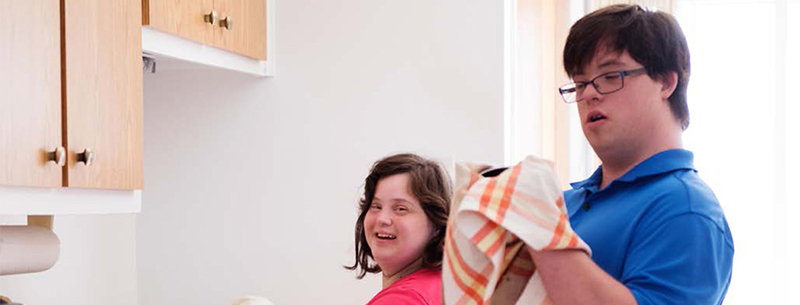
Preparing for independence.
Independence means something different to each individual. For parents, families and carers, there can often be mixed feelings about the shift to greater independence, whether it be the person doing more things for themselves or a significant transition such as moving out of home.
We provide some tips for supporting the person you care for to build capacity to become more independent and how trials and transition periods can make for a less bumpy ride.
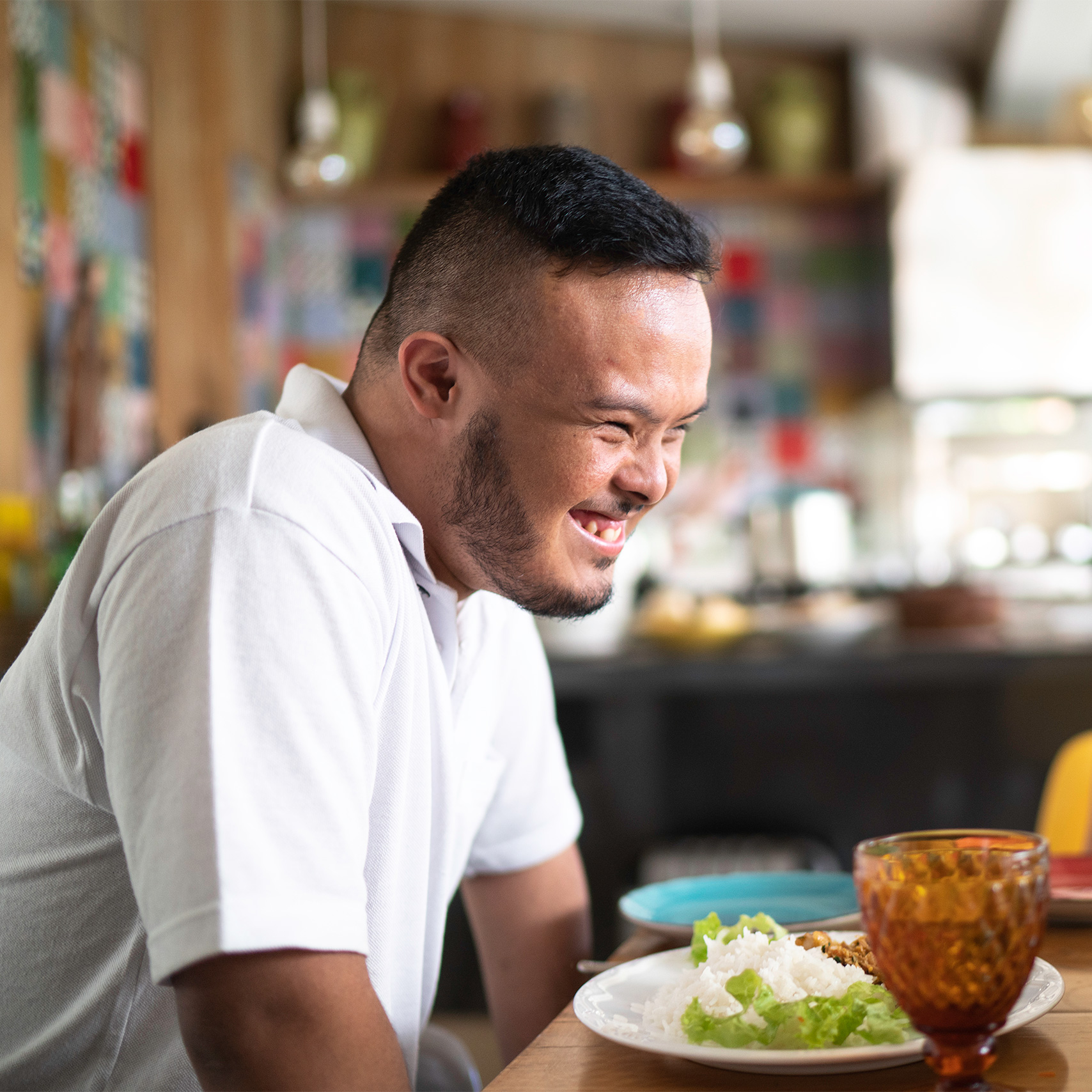

Options for independent living.
Ensuring the person you care for has a safe and suitable place to live when you are no longer around can be a real source of stress for family members and carers. This question is particularly concerning for parents or carers who are ageing or ill, and people on low incomes without existing property assets.
We explore some of the options for independent living and the assistance available through the NDIS and other financial supports.

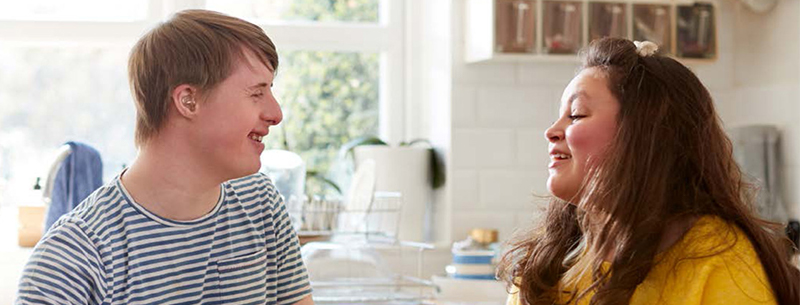
Legal and financial considerations.
The advantage of spending time on legal and financial planning now is peace of mind that your daughter, son or person in your care is at the centre of any decision about their future.
This section covers some of the tricky legal and financial aspects of future planning including when a formal arrangement might be necessary, the importance of making a will (and what happens if you don’t have one) and how trusts can help provide for loved ones. We also touch on the role of administrators and guardians in the decision making process.
